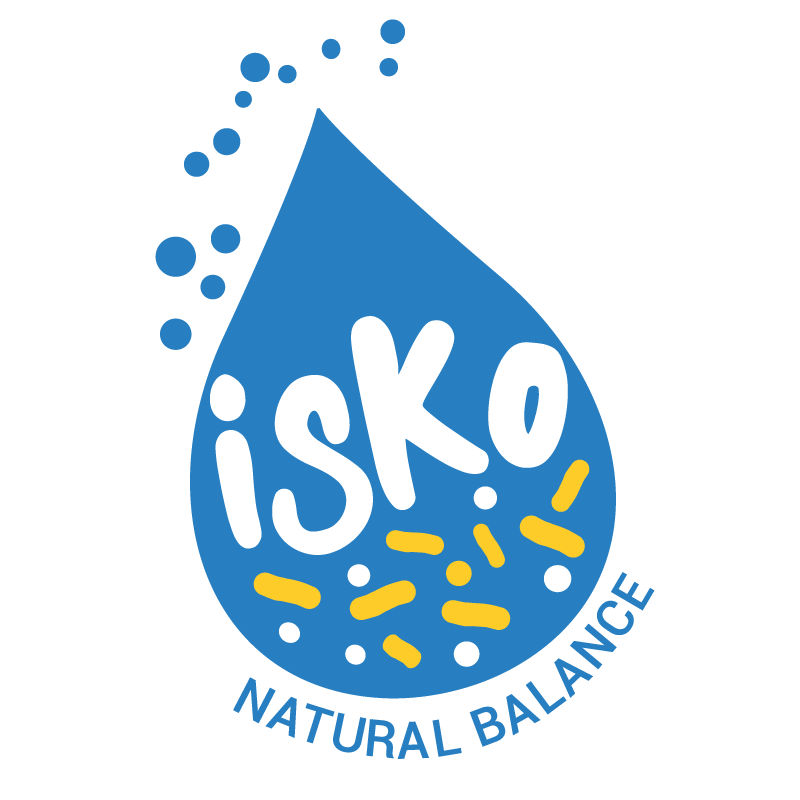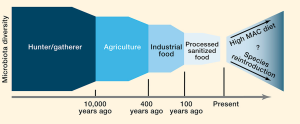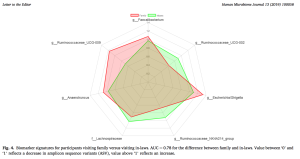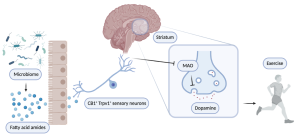Why fermenting?
Fermentation is probably one of the oldest biological tricks Hominids have taken advantage of.
In a nutshell, fermentation is a enzymatic process by which microorganisms —usually yeasts and lactic acid bacteria— will change the properties of a product. This chemical transformation has several benefits for us Humans, pretty much like if we had evolved for it (wait… have we?).
Ok, let’s take a few steps back.
Roughly 10Ma years ago when Hominids (great apes and Homo taxa) came into the forests, they discovered naturally-occurring fermentation of fallen fruits. They next evolved and acquired an enzyme capable of oxidizing ethanol present in variable amount in fallen fruits, granting them a serious advantage compared to other animals craving for those sweet and nutrient-rich foods. We basically adapted to our food over generations and generations and doing so, some of our ancestors started controlling the fermentation process and eventually, a few centuries ago understood what was really happening.
Nonetheless, during the last thousands of years (>10,000 years), Humans have used fermentation as a mean to preserve food from pathogenic microorganisms and, this one you’ll have to believe me, their gut microbiomes have benefited from it! Not only their gut microbiomes got exposed to new beneficial microbes, but the rest of the body’s physiology adapted to them or their byproducts and metabolites, improving their immunity and other functions. The diet our ancestors have been exposed to during thousands of years necessarily contained fermented foods, from all kinds of substrates such as milk, leguminous plants, meat, cereals… Even the water that was consumed was not plain water but fermented drinks because ethanol or lactic acid concentrations protected it from pathogens.
We come to a point of the text where you should realize that your family, a few generations up, probably still had traditional foods and drinks prepared for their daily consumption. But we all know that nowadays, most of our regular “modern” diet is composed of sterile, processed food. Of course we still eat natural products, but we have considerably lost beneficial inputs for our gut microbiome, and for our health such as what we call pre-, pro- and postbiotics from complex fermentation processes. This has a direct impact on our gut microbial communities. There is a large body of evidence showing the associations between poor microbiome and chronic diseases incidence such as obesity, diabetes, cancer and autoimmune diseases, most of which are displaying an unprecedented rise in prevalence in the last decades. Aren’t we fit anymore for our diets? It seems quite reasonable to state that today it’s easier to change our diets than ourselves, right?
So the question is rather:
Why did we stop fermenting?
At Ferment ISKO we want to facilitate the reintroduction of diverse and complex fermented drinks and foods in everyday life and promote all of their benefits.
Follow us for more!
Nicolas Suarez Zamorano – PhD & founder of Ferment ISKO
PS:I know! bread, cheese, yogurt, beers and wines are fermented foods. But even though some have health benefits, the richness of their microbial communities is very often poor. For fermented products, the richer the ecosystem is, the more nutrients and beneficial elements will be delivered. The more the merrier (:





